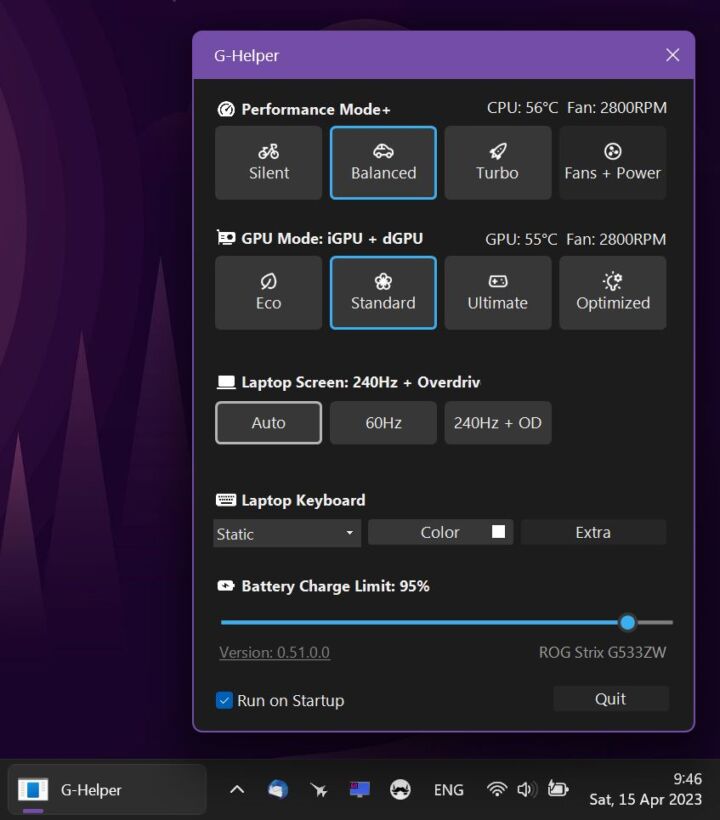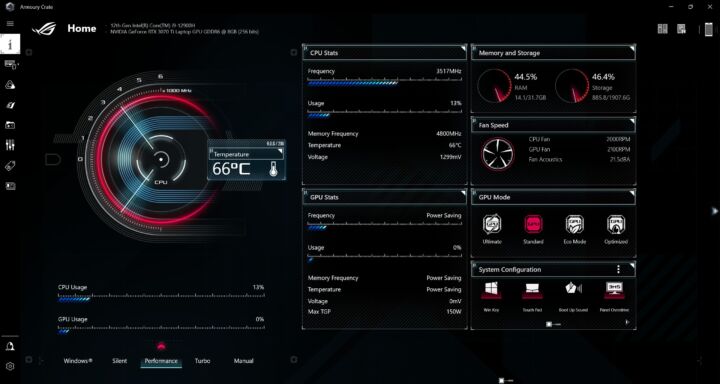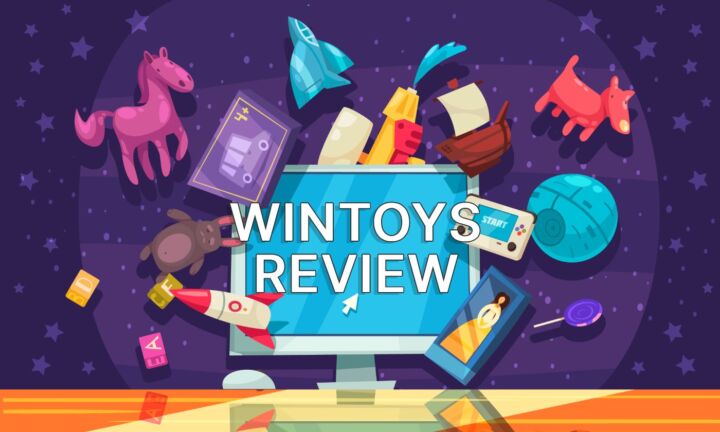- Linux has come a long way, but it’s still not the go-to operating system for consumers and it’s mostly because the popular apps are missing.
- We’ve asked the experts which apps they miss most after switching to Linux.
- If you don’t find your apps on this list you may be OK, but if these are important to you then you should at least keep a dual boot system.

I’ve tried several times to give Linux a change. I even got a certificate from the Linux Foundation a few years back. Linux was my main OS (on a dual-boot system) for a few months, but in the end I reverted back to Windows.
I don’t want to scare you, Linux is pretty user friendly nowadays, but it’s not for noobs. You might run into problems that are much harder to diagnose and fix than under Windows, even if you’re an experienced user.
But that was not the issue for me. It was the lack of popular apps that I was using. Don’t be fooled by what you read online, Gimp is not an alternative for Photoshop. It’s laughable to even pretend that it is.
A lot of the browsers do exist under Linux, and that is pretty much it. Total Commander? No, my favorite file manager doesn’t exist. OneDrive, Google Drive? Nope. And the list goes on.
But what hurts most probably is the lack of Microsoft Office and Adobe Creative Cloud suites. If your work revolves around these two you’re out of luck.
So see, it’s not the Linux environment that’s the cause of slow adoption for desktop use, as there are tons of nice Linux distros friendly with beginners.
But am I the only one who feels that way? I asked a few industry experts to weigh in, and their answers are anything but shocking.
CONTENTS
Miss Microsoft Outlook for Business Management
After switching to Linux, the single application I miss most is Microsoft Outlook. While Linux offers plenty of alternatives, none have provided the same level of integration, ease of use, and robust features for managing email, calendars, and tasks all in one place. As a business owner, I rely heavily on seamless communication and scheduling, and Outlook’s capabilities, such as its powerful search and organizational tools, made it indispensable.
Though alternatives like Thunderbird and Evolution offer email support, they don’t quite match Outlook’s smooth integration with enterprise-level solutions and cloud-based apps. The challenge is finding a Linux solution that offers similar functionality in terms of advanced calendar management and the deep integrations with Microsoft Office and third-party tools. While I’ve adapted to Linux, Outlook remains the one application I truly miss, particularly for business communications and task management.
Shehar Yar, CEO, Software House
Adobe Creative Suite Lacks Seamless Integration
For many people who switch to Linux, the single application they miss most is Adobe Creative Suite (Photoshop, Illustrator, Premiere Pro, etc.). While there are strong alternatives like GIMP for image editing, Inkscape for vector graphics, and DaVinci Resolve or Kdenlive for video editing, they often lack the seamless integration, advanced features, or industry-standard workflows that Adobe applications provide.
For me, Photoshop in particular has been hard to replace. GIMP is powerful, but its interface and workflow are significantly different, making it tricky to adapt to for someone used to Photoshop’s ecosystem. Certain advanced features, like content-aware fill or smart objects, either don’t exist or aren’t as refined in the alternatives.
This isn’t to say Linux isn’t capable—it’s just that some tools are so entrenched in their respective industries that finding a perfect replacement becomes almost impossible. That said, Wine or a virtual machine can sometimes bridge the gap, but they don’t always provide a flawless experience.
Peter Wootton, SEO Consultant, The SEO Consultant Agency
Miss Microsoft OneNote for Project Management
After switching to Linux, the single application I miss most is Microsoft OneNote. As a director, I used OneNote extensively for organizing meeting notes, brainstorming ideas, and managing complex projects. Its seamless integration across devices, ability to collaborate in real-time, and robust organizational features made it indispensable.
While there are alternatives like Joplin and Evernote, none have quite matched the flexibility and ease of use that OneNote provided, especially when it came to managing large amounts of data with intricate tagging and categorization systems. OneNote’s ability to mix text, images, and handwriting in a single note without any hassle was also something I found incredibly useful in my role, particularly when preparing training content or leadership programs.
Though I’ve transitioned to using other tools in Linux, such as Zim Wiki for note-taking and Standard Notes for secure, encrypted content storage, I still miss the cohesive experience OneNote offered.
This experience has taught me the importance of finding tools that integrate well into my workflow and make day-to-day tasks more efficient. Though the Linux ecosystem offers great alternatives, there are still gaps in features and user experience for those transitioning from Windows-based productivity suites.
Fawad langah, Director General, Best Diplomats
Miss Microsoft Excel for Data Manipulation
Many users switching to Linux miss Microsoft Excel due to its superior data manipulation features, such as advanced functions, pivot tables, and robust charting tools. Alternatives like LibreOffice Calc and Google Sheets fall short in functionality, user familiarity, and integrations needed for effective data analysis and reporting. This can make it challenging for teams to evaluate performance metrics and create comprehensive reports, which are critical for informed decision-making.
Mohammed Kamal, Business Development Manager, Olavivo
I’m afraid Linux is today in a chicken and egg situation. Without a large user base developers aren’t willing to spend time and resources porting their apps to Linux. And the user base can’t grow without support for popular apps.
Partial solutions do exist for apps (Wine) and games (Steam Proton), but those are not true solutions and involve quite a bit of tinkering, which is not something most people have the know-how or the willingness to do.







